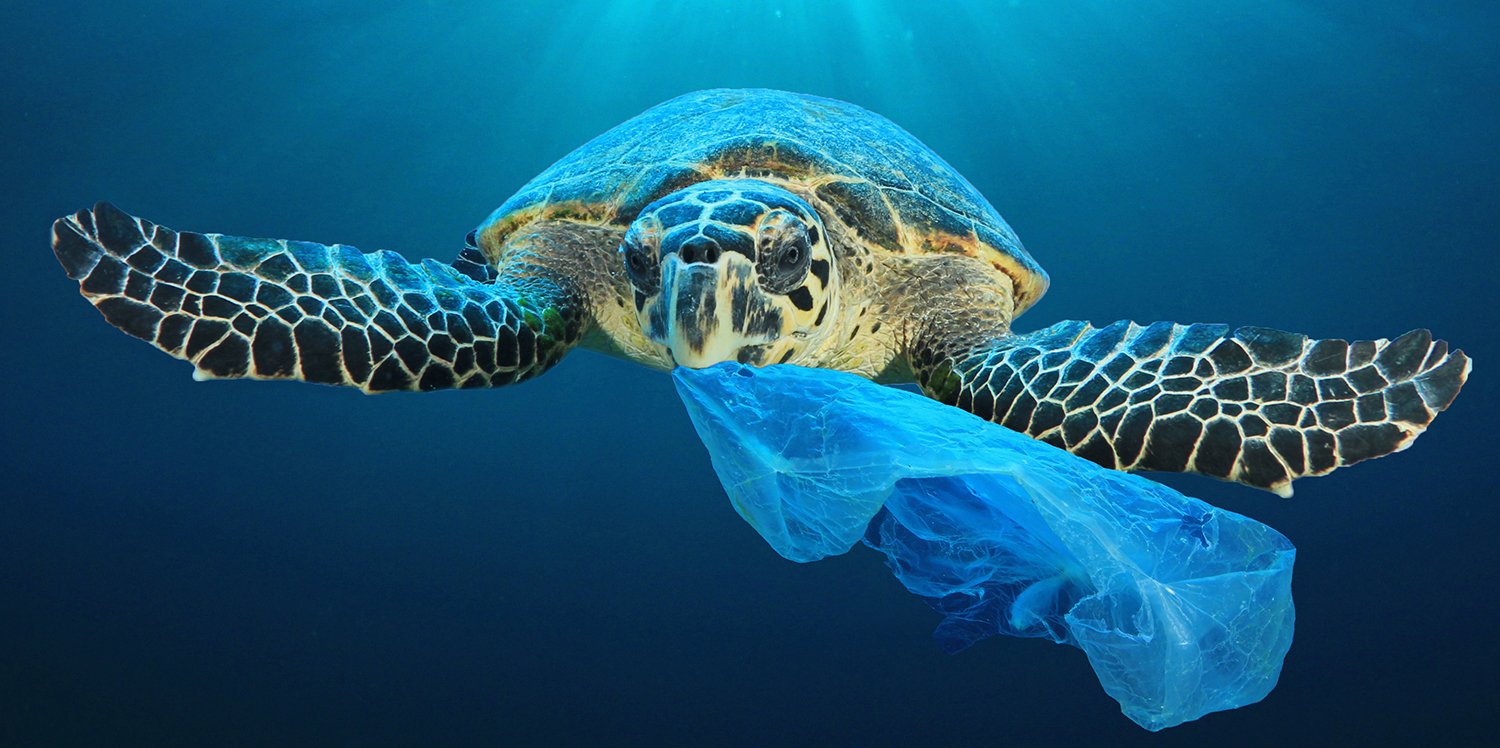Save the Ocean

Oceans are an essential part of planet Earth, in fact, we couldn’t live without them. They provide a food source, they help regulate our climate, and they hold 97% of the planet’s water. Oceans produce more than half the oxygen in the atmosphere and absorb the most carbon from it.
Regardless of how far you live from the shore, oceans still affect you, your families, your friends and your colleagues. The food we eat, the air we breathe, the products we use are all contributed to, or transported by, the ocean. However, we still take it for granted and are all contributing to its demise.
Overfishing, pollution (including plastic pollution), habitat destruction and global warming all cause damage to the ocean and its inhabitants that cannot be undone.
Oceans cover over 70% of our plant’s surface, yet only a tiny fraction of them are protected. Without action, the future of the ocean’s rich biodiversity, and the economies it supports is uncertain. Therefore, we all must play our part in its protection.
Doing your part doesn’t have to be complicated: if everyone just makes a few small changes then collectively we can make a difference. Here are some things to get you started:
Reduce your Carbon Footprint
Leave the car at home, be conscious of your energy use at home and work, switch to LED lighting – all these small changes will help reduce the effects of climate change on the ocean. If you want to go one step further, install solar panels and wind turbines. Make sure unused equipment in your offices is turned off and make sure your company has an environmental policy.
Use Fewer Plastic Products
Plastic that ends up in the ocean, and there is a lot of it, contributes to habitat destruction and entangles, poisons and kills tens of thousands of marine animals each year. To limit your impact, use a reusable water bottle, store food in reusable containers, use a cloth or other reusable bags and recycle wherever possible. If your company or office doesn’t take this seriously, become an ambassador for change and take hold of the situation.
Recycle
Sometimes, using plastic is merely unavoidable, especially while supermarkets and manufacturers continue to use plastic packaging. In this instance, be sure that you recycle correctly and do your best to minimise the amount of plastic waste that ends up in lakes, rivers, oceans and landfill. Make sure your company has a recycling policy and sticks to it. If it doesn’t… you know what to do. Don’t forget that we can help you with office recycling and waste removal and make use of our free toner collection and recycling service.
Use Recycled or Sustainable
Make sure that, where possible, the products you buy are made from recycled materials or at least use recycled packaging. There is an abundance of home and office products that are made from recycled or sustainable materials – pens, staplers, paper, toilet paper, print cartridges, furniture, clothing, Pilot have even released a pen made from recycled water bottles – the list is endless. If you need help to make sure your office is buying the right products, Global Office Supplies can provide a free stationery report and help you make the right choices.
Remember, the planet is everyone’s responsibility. Global Office Supplies is on a mission to help companies go green. We can help you reduce your impact on the environment by supplying eco-friendly office supplies, print management and recycling services. What’s more, we can save you money in the process!
Get in touch today to find out more about how we can help your office go green: